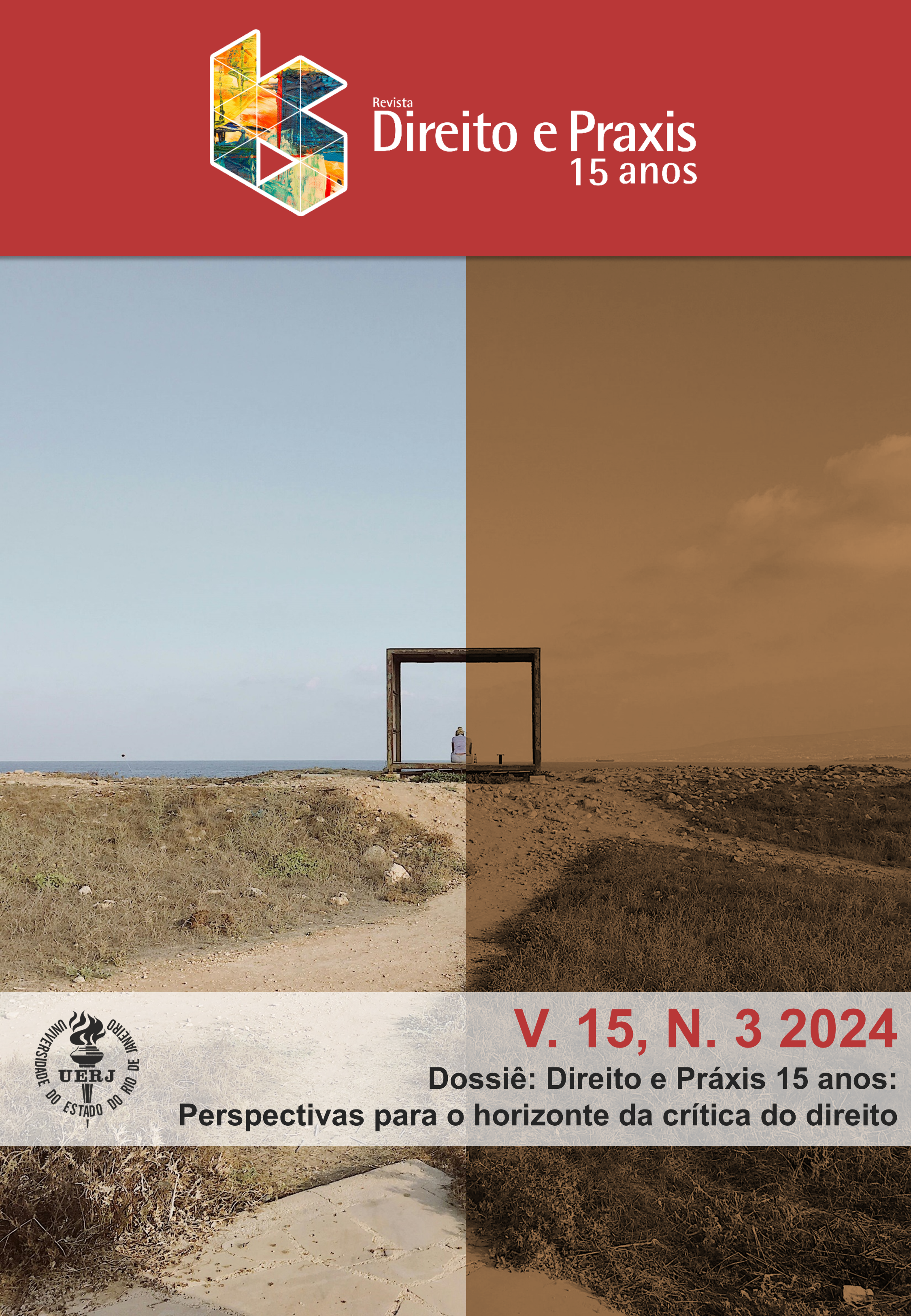O direito do oprimido
contação de história em (poéticos) argumentos jurídicos
Palavras-chave:
Storytelling, Métodos jurídicos críticos, Teorias críticas do direito, IgualdadeResumo
https://doi.org/10.1590/2179-8966/2023/72015
Storytelling como método de produção de conhecimento há muito tempo foi introduzido e adotado em ambientes jurídicos, particularmente por estudiosos críticos. As contribuições do método foram reconhecidas, mas o método também foi muito criticado. O presente artigo se interessa por uma crítica: a ideia de que a verificabilidade de histórias pessoais é impossível e, portanto, de que os argumentos jurídicos baseados em storytelling são inaceitáveis ou fracos. Este artigo não oferece uma resposta final a essa crítica, mas sugere provisoriamente que, se os argumentos jurídicos baseados em storytelling forem analisados de maneira holística, podemos ver que, mesmo que as histórias que, em seu cerne, não possam ser verificadas – ou, no limite, ainda que não sejam verdadeiras – as reivindicações sociais mais amplas que delas derivam e que ancoram a argumentação jurídica, podem – e devem.
Palavras-chave: Storytelling; Métodos jurídicos críticos; Teorias críticas do direito; Igualdade.
Downloads
Downloads
Publicado
Como Citar
Edição
Seção
Licença
Copyright (c) 2023 Revista Direito e Práxis

Este trabalho está licenciado sob uma licença Creative Commons Attribution 4.0 International License.
Os textos são de exclusiva responsabilidade de seus autores.
É permitida a reprodução total ou parcial dos artigos da Revista Direito e Práxis, desde que citada a fonte.
Este trabalho está licenciado sob uma Licença Creative Commons 4.0, Atribuição-Sem Derivações.
Esta licença permite copiar e redistribuir o material em qualquer suporte ou format para qualquer fim, mesmo que comercial, desde de que citada a autoria original.
This work is licensed under a Creative Commons Attribution 4.0 International License.




